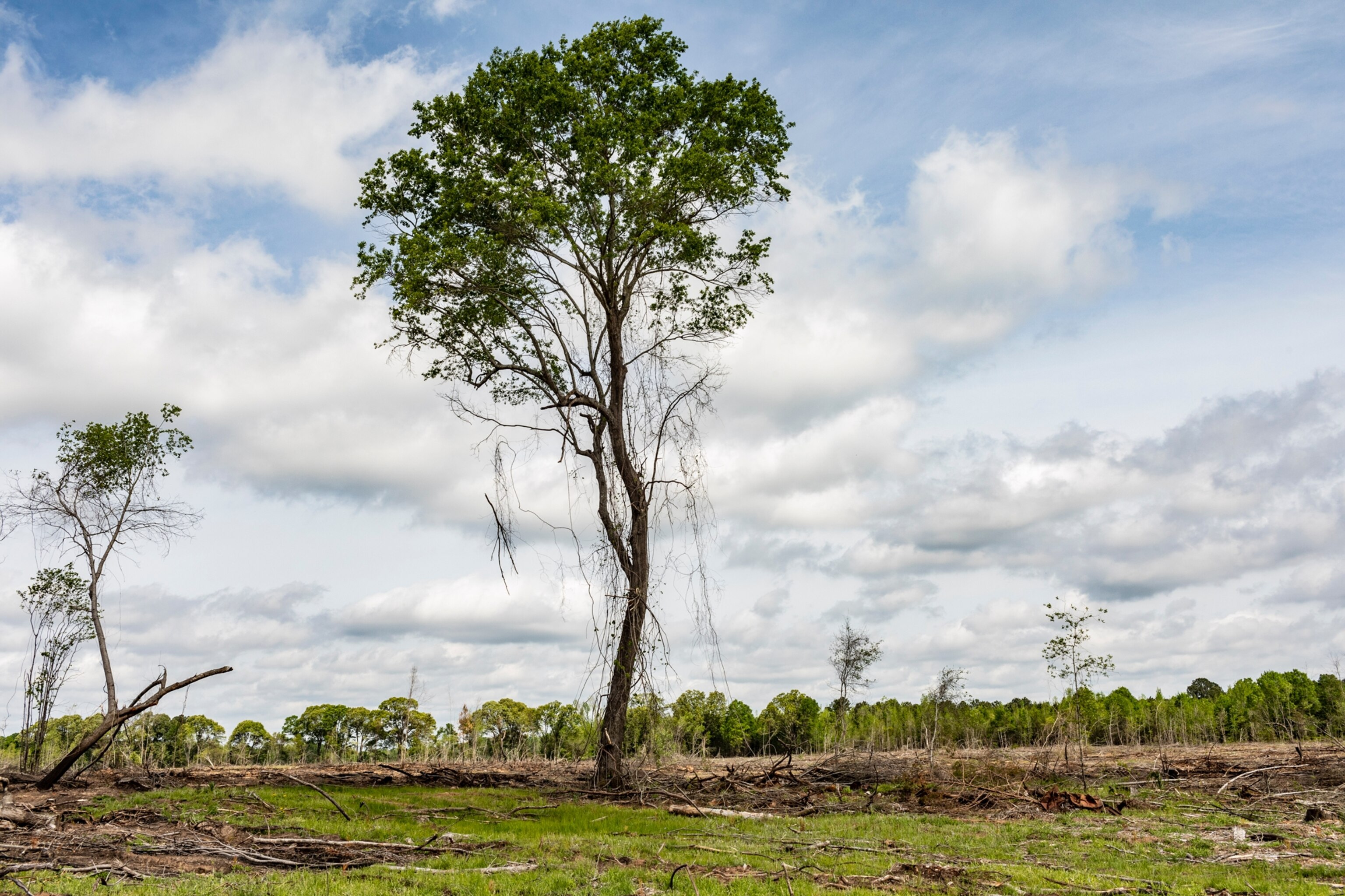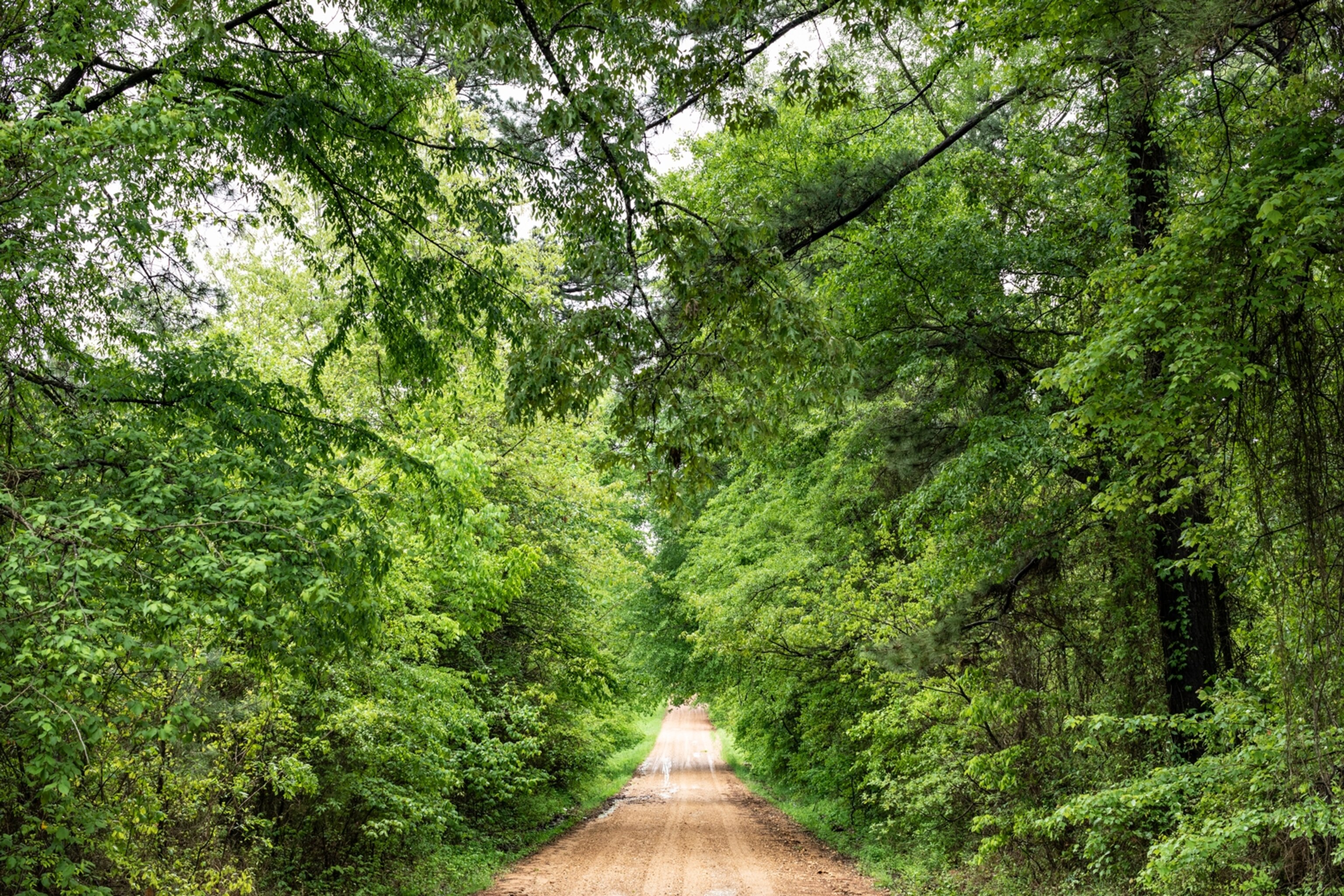Can what we buy help save forests?
The choices we make as consumers can make a big difference in protecting forests and creating better lives for the people who live and work in them.

Ever heard of the Forest Stewardship Council or the Rainforest Alliance? Maybe not. But if you look, you may see logos for these leading environmental groups on some of your favorite paper products. For many consumers, this may be surprisingly good news: the products we prefer to buy for their quality, durability and softness may also help us help preserve the planet and support a better way of life for countless workers and their families.
Favored for the superior softness, durability, and efficiency that help us to ‘enjoy the go,’ all of Procter & Gamble’s Charmin varieties are not only produced using a propriety technology that ensures their superior feel and function, they’re also responsibly sourced. One hundred percent of Charmin’s pulp fiber is third-party-certified and all Charmin products carry FSC and Rainforest Alliance logos.
When we demand these types of products, we’re actually motivating suppliers to keep forests as forests. If forest landowners and tree farmers don’t get an economic benefit from their trees, they’re likely to totally clear the land for agricultural use (instead of replanting tress) or sell it to developers. Keeping forests as forests absorbs excess carbon that can threaten our planet. Simply buying FSC and Rainforest Alliance-certified paper products is taking an active, positive step, helping the environment and the people who make their living in forests.


Beyond protecting the natural environment, FSC also address the social and economic needs of the forest communities and people working in this industry. The organization works to safeguard indigenous people’s rights, protecting endangered species, ensure safe and low-level use of chemicals, and maintain logging restrictions.
P&G is a part of the World Wildlife Fund’s Global Forest & Trade Network, a community of companies aligned to develop and advance forestry programs all over the world. Some of P&G’s other strategic suppliers also go deeper and invest resources to drive economic empowerment of the women in local communities. They help construct and teach best practices for adjacent business that can thrive in a healthy forest environment, like producers of honey and honey-based products from bee hives and bakery products based on other crops grown on the local forest land.
When business thrives in the forests, the forests survive. Nalini Bates, the head of P&G’s Supplier Citizenship Program, makes the connection clear. “In our paper business, we have invested in FSC certification. That FSC logo is a signal to consumers that we’ve responsibly sourced the pulp that goes into making these products,” she says. “An FSC certification is well worth the investment we make because it helps the landowners manage their forests in a way that is good for the environment and also good for business.”
P&G partners with strategic suppliers to increase available FSC-certified paper fiber, the “gold standard” of certification. It’s a level of quality that’s difficult to achieve. The majority of trees that are harvested in the world are used to make lumber products. In general, the tissue industry only uses the saw mill waste from those trees, which usually produces an inferior quality product. When whole trees are used to make pulp, they are typically the smaller, younger trees that are not fit for use in making lumber products. This is the pulp that’s used to make FSC-certified fibers. These are not only sustainably-sourced and renewable, they also provide highest absorbency and strength per sheet for all Charmin brands, so that we can do more, while using less.
When we think of Charmin, we think strong and soft. All Charmin varieties are also two-ply, septic safe, long-lasting, and absorbent. Now we know, as we ‘enjoy the go’ with Charmin, we’re also helping to save forests and support the communities who live and work there.